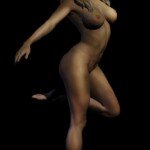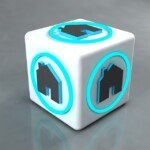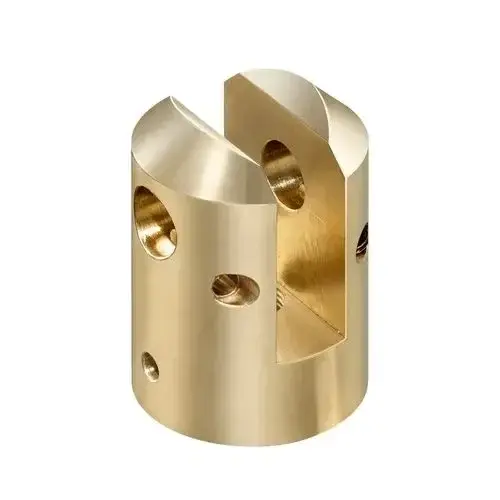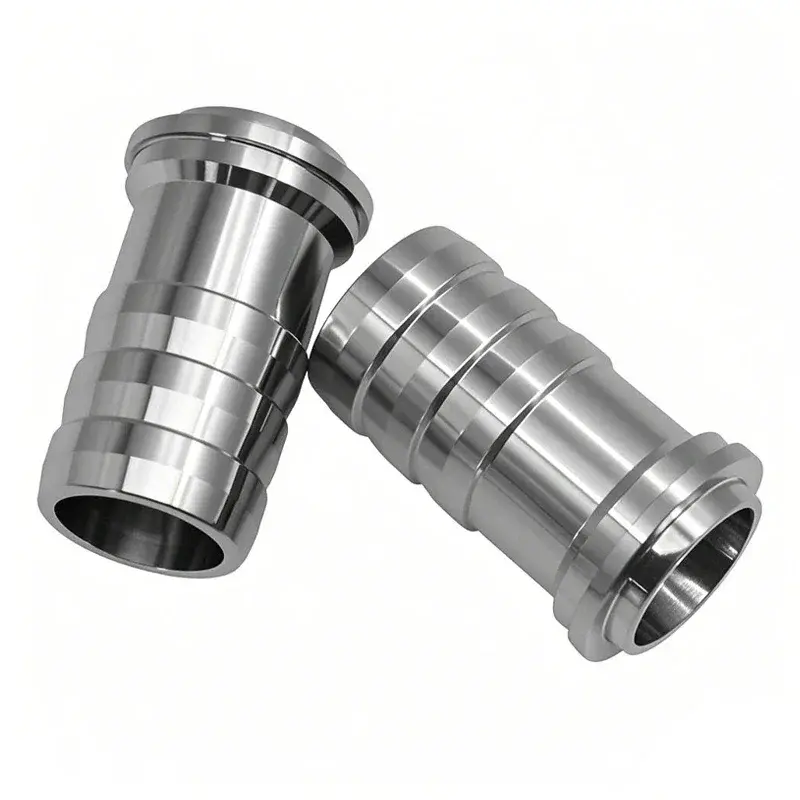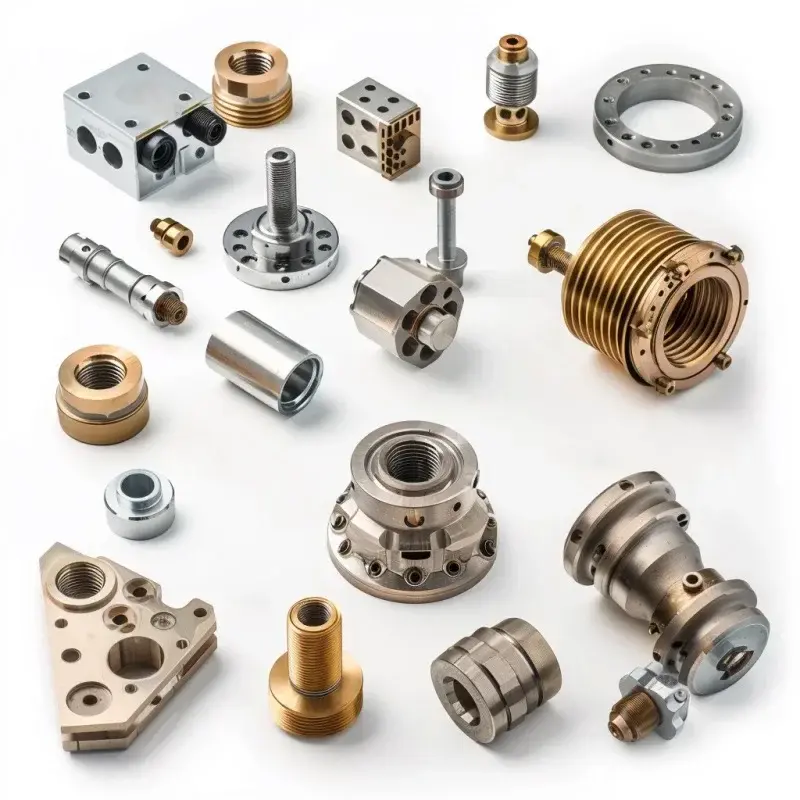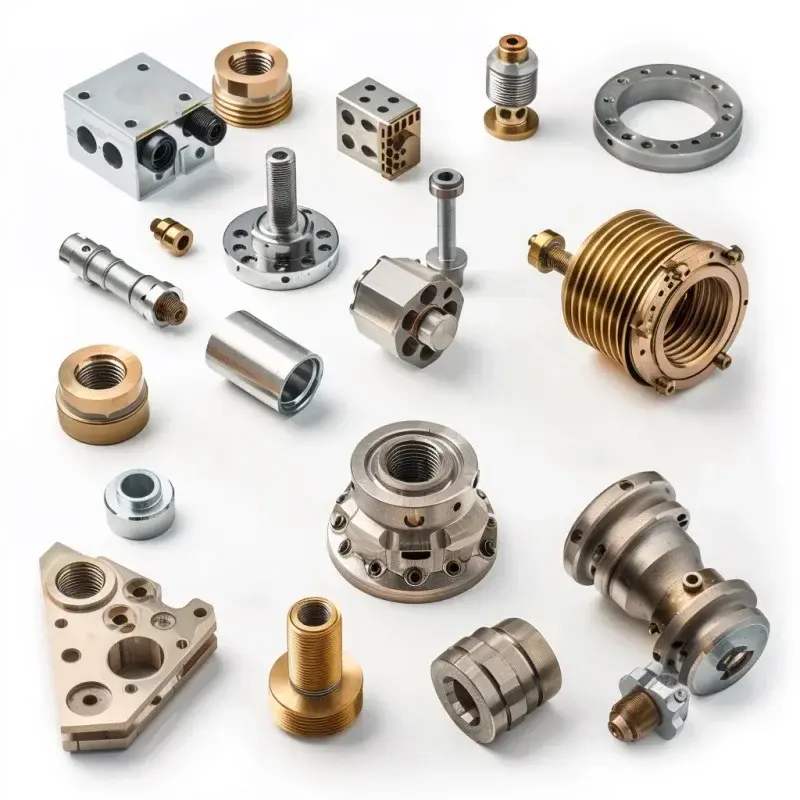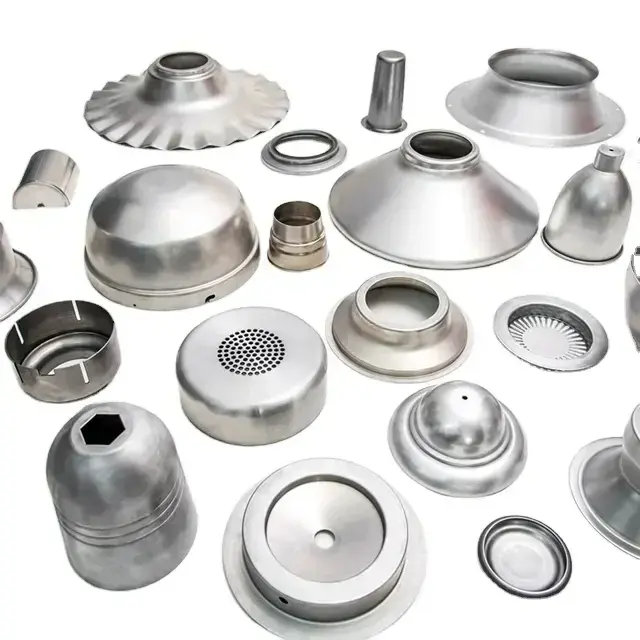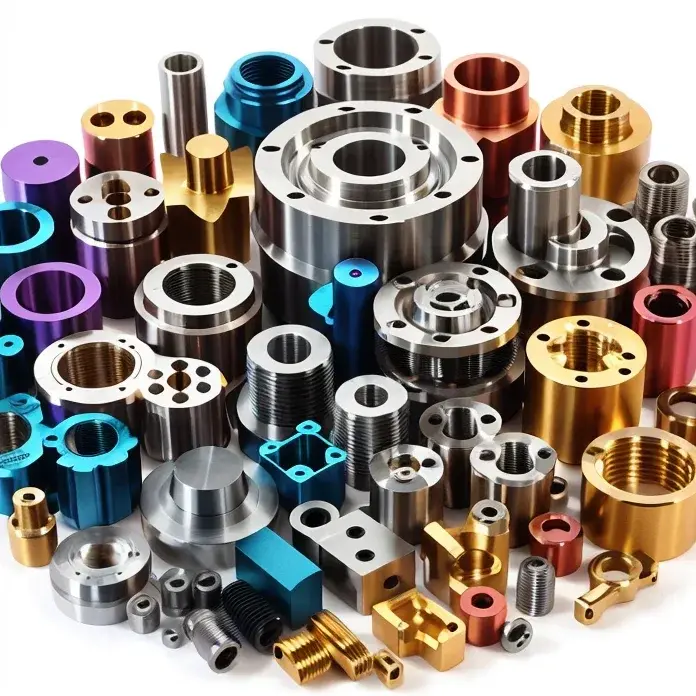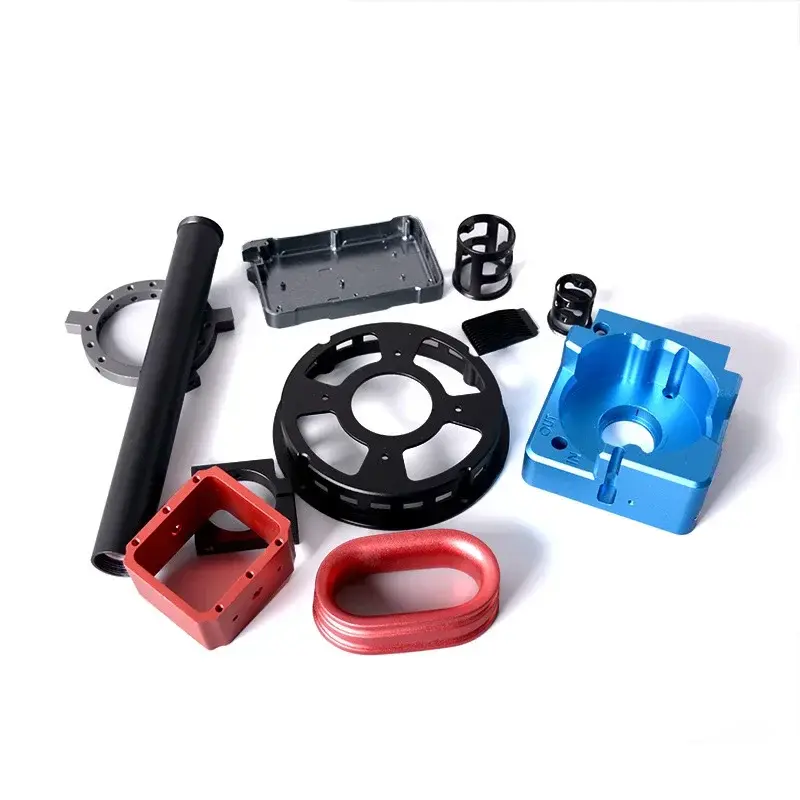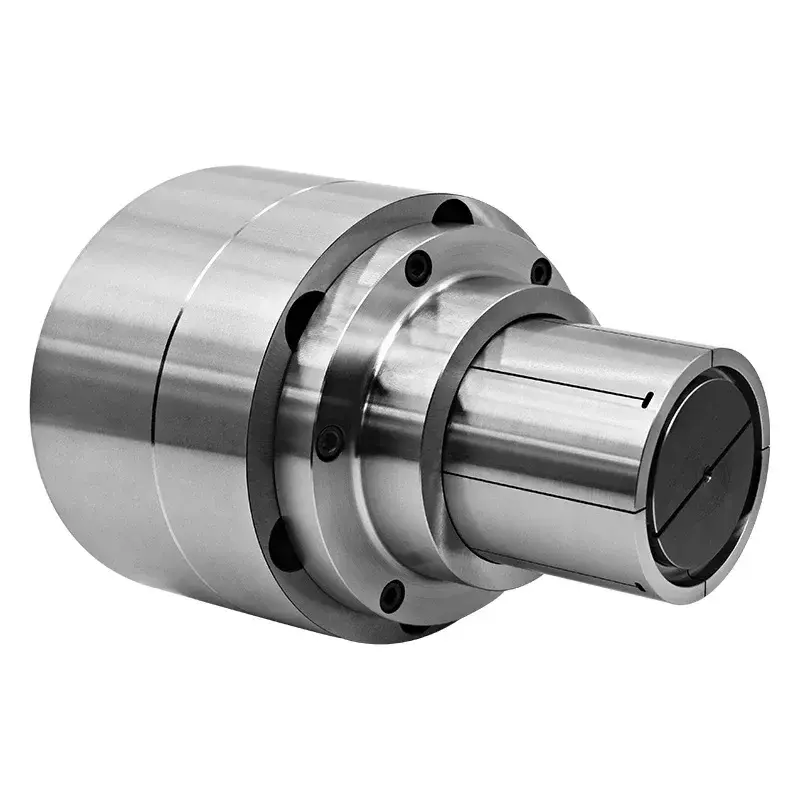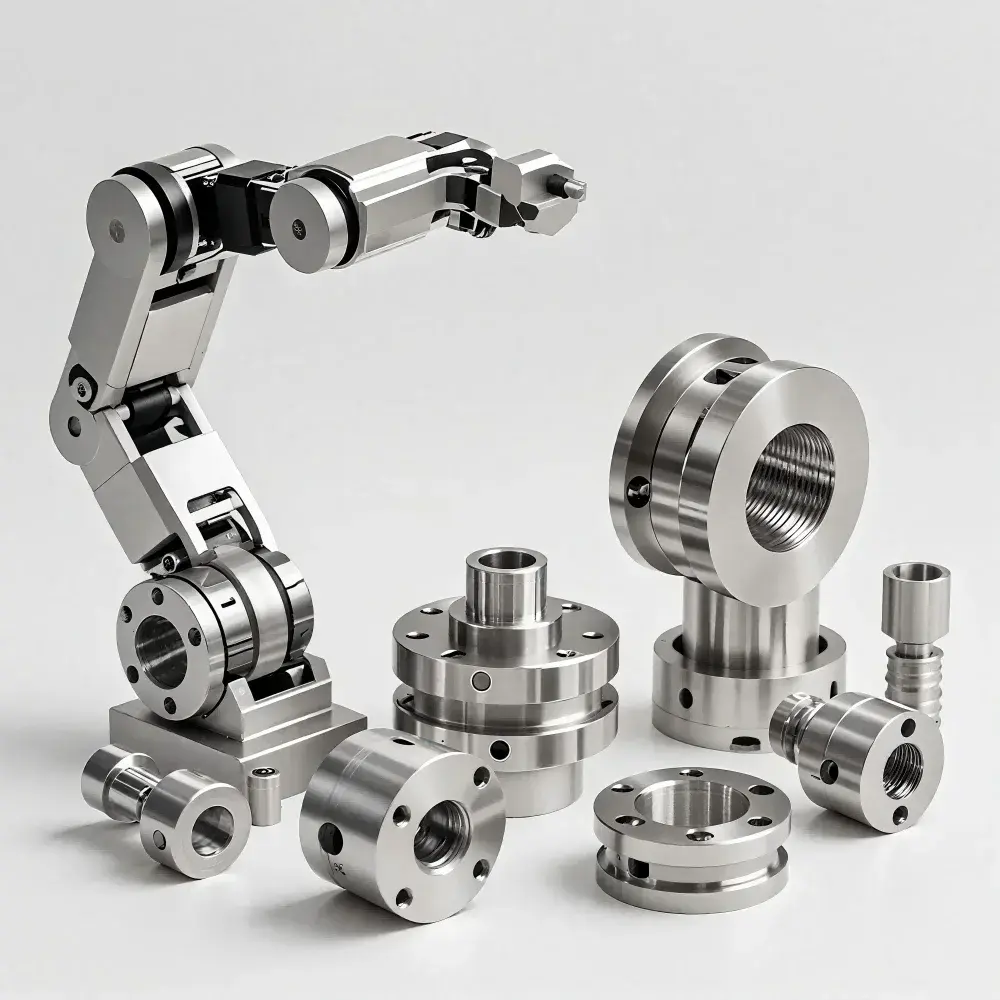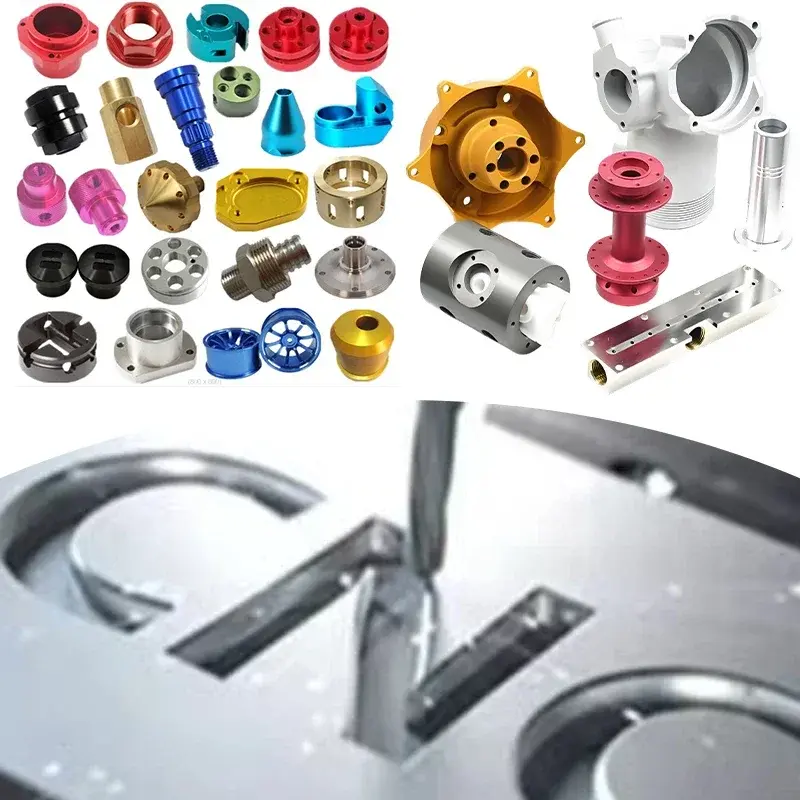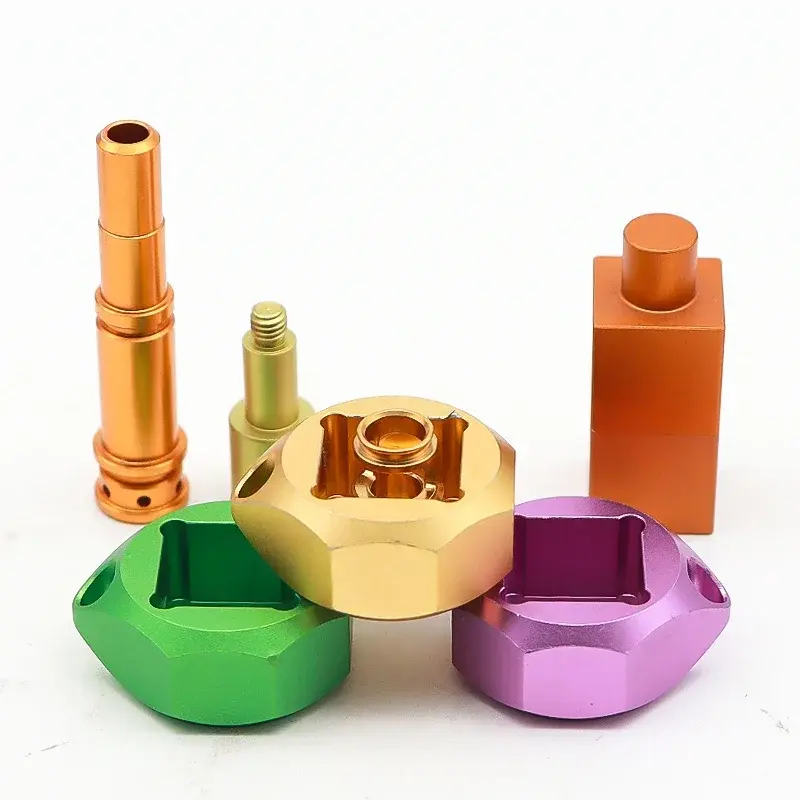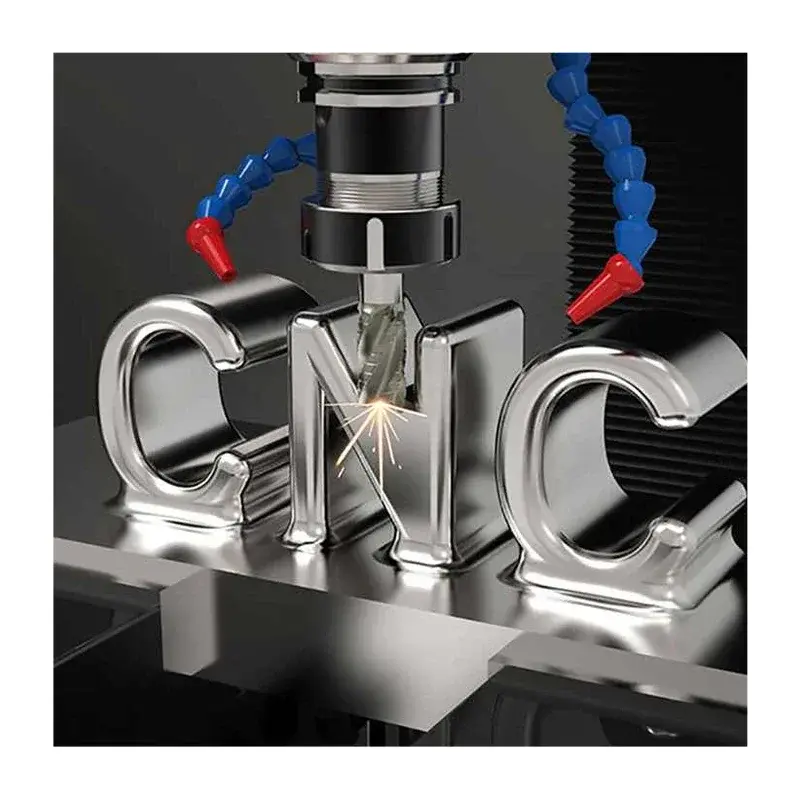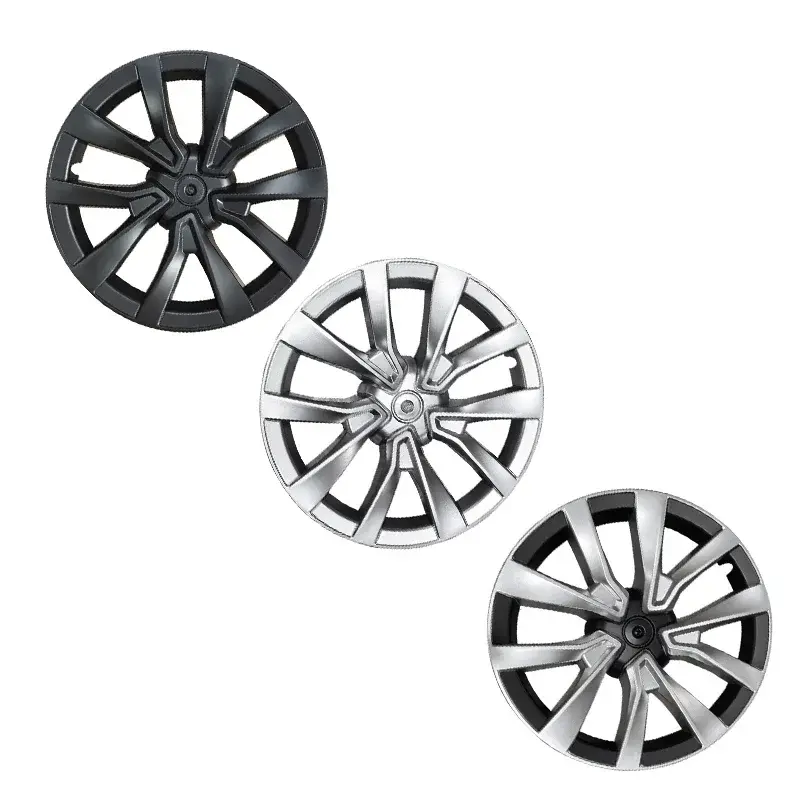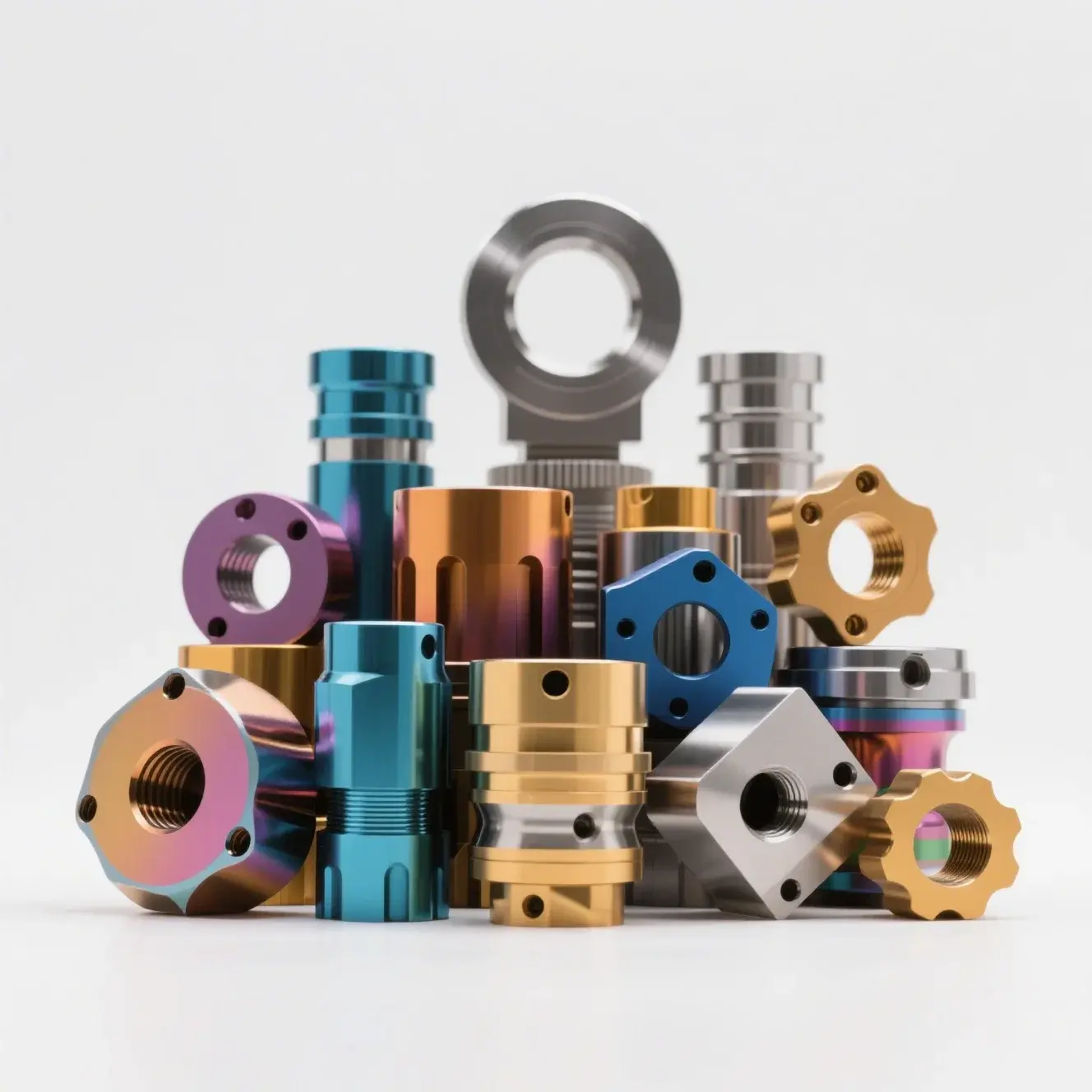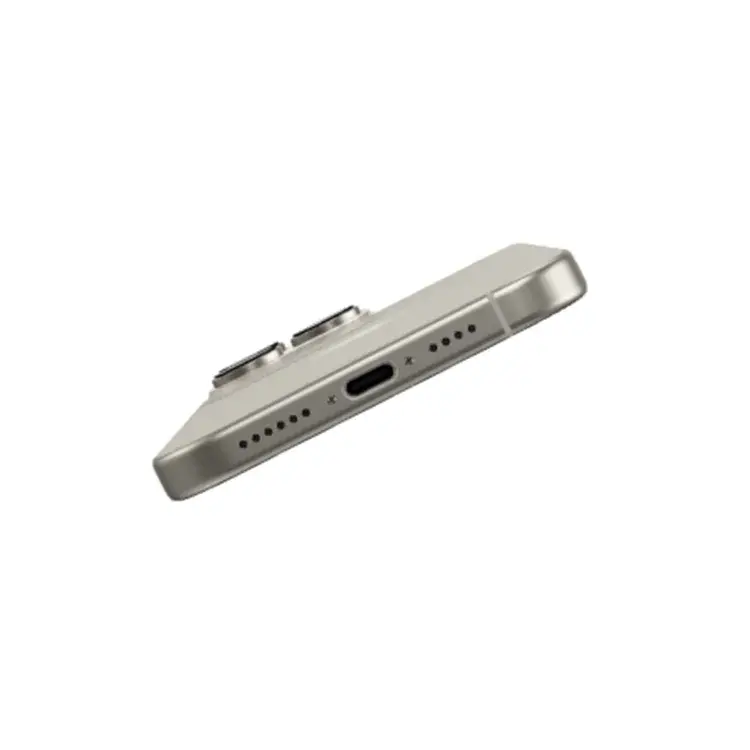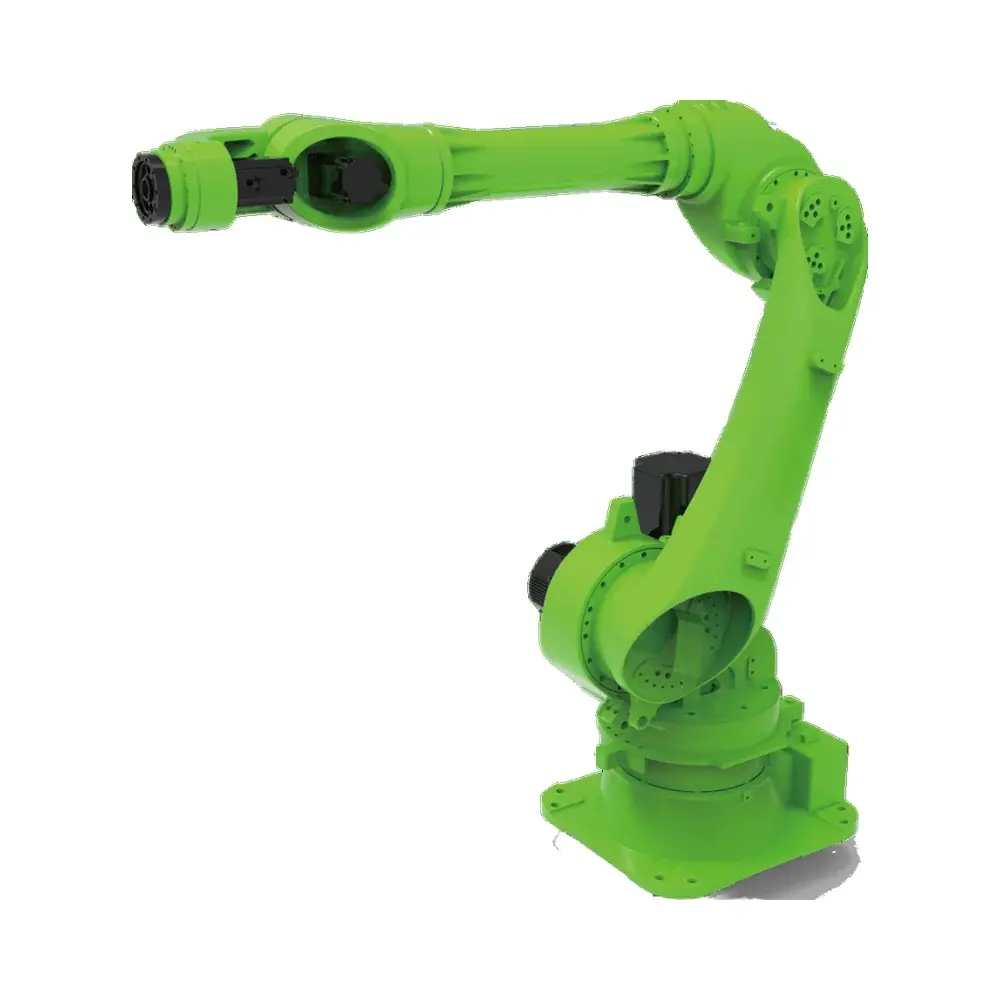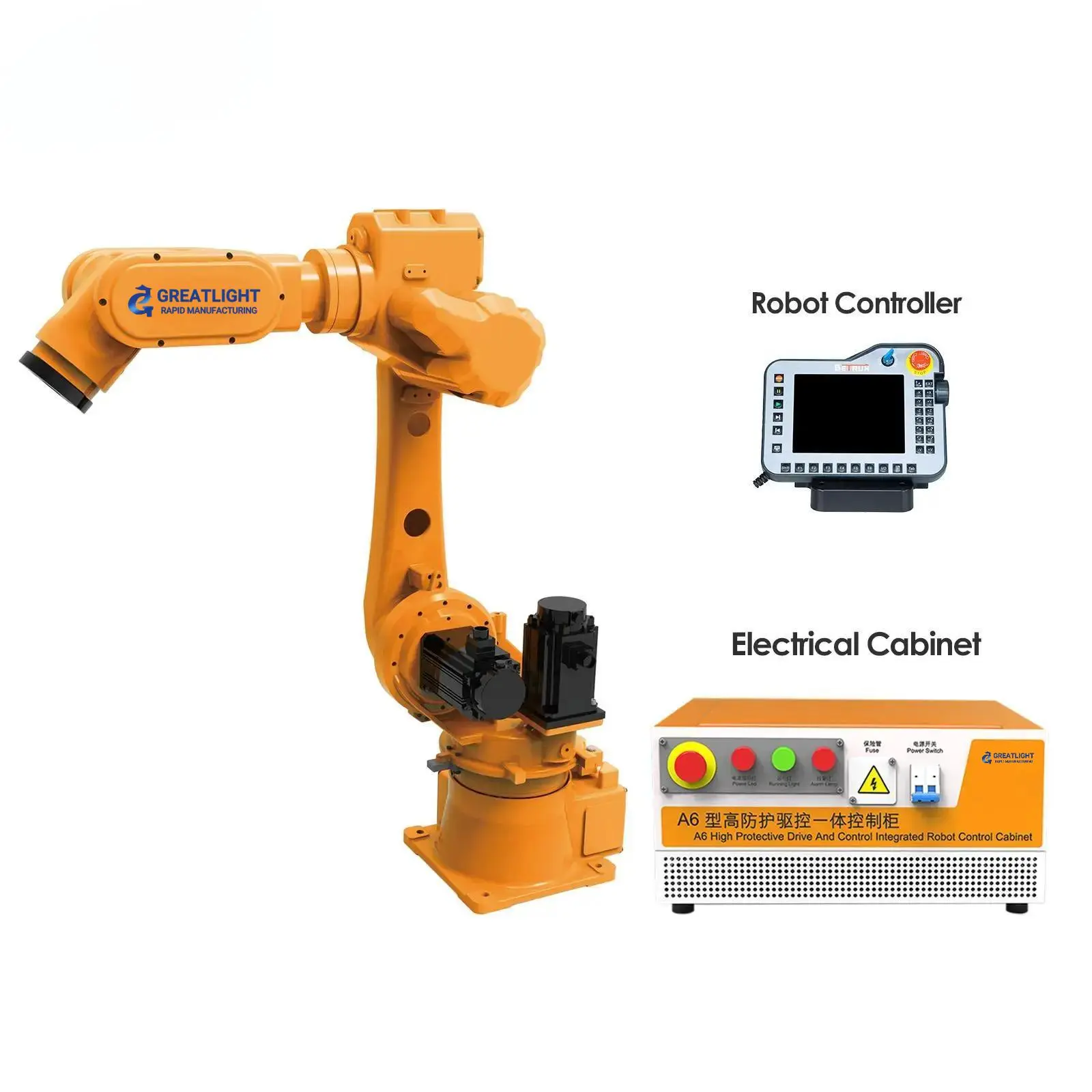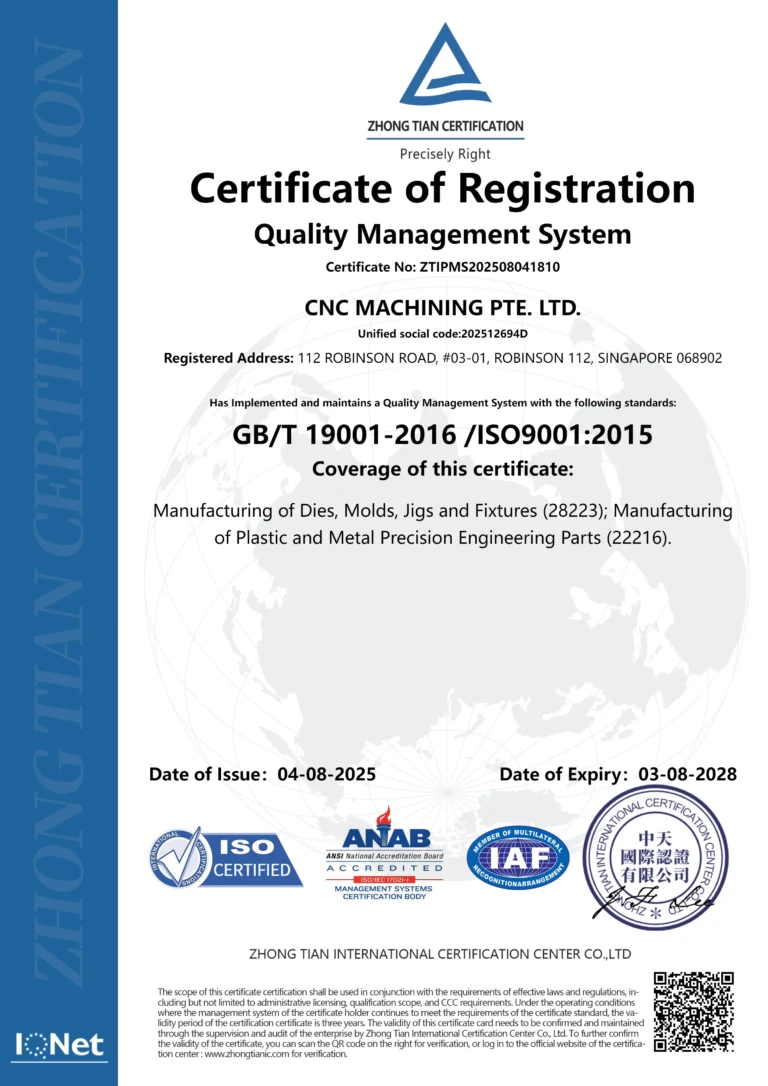A Guide to CNC Tattoo Machines: Precision Engineering for Superior Art
The tattoo industry thrives on evolution. In a field once dominated by hand-wound coils, digital machines now offer new access to precision. Enter CNC tattoo machine— An engineering masterpiece that redefines reliability, performance and artistry in modern tattooing. Unlike traditional manufacturing methods, CNC machining provides unprecedented consistency, complexity and durability. but what exactly What makes these machines stand out, how does the manufacturing process shape their quality? Let’s take a closer look.
What’s so special about CNC tattoo machines?
CNC (computer numerical control) machining uses computer-guided tools to carve parts from solid blocks of high-grade metal. Every curve, cavity and connection point is milled to micron precision. For tattoo artists, this means the machine can:
- Runs smoother and quieter: Vibrations are reduced due to perfect alignment of moving parts.
- Provides exceptionally consistent needle movement: Essential for complex lines, smooth shading, and color packaging.
- Lasts longer: Precision-fitting parts wear and friction less.
- Offering unparalleled customization: Complex, lightweight or ergonomic designs not possible with casting or stamping become a reality.
The core of precision: five-axis CNC machining
For a truly elite tattoo machine, Five-axis CNC machining is the gold standard. Why five-axis? Unlike simpler 3-axis machines (left/right, front/back, up/down), five-axis technology allows cutting tools to approach parts from almost any direction simultaneously. This is transformative for tattoo machine manufacturing:
- Complex Contour Artist –The designed grip profile is ergonomically designed without compromising structural integrity.
- Perfect geometry: Bearing seats, connecting rods and spring grooves are cut with perfect verticality and concentricity to achieve rhythmic, stable needle action.
- Integrated cooling channels: Machined heat dissipation paths reduce operating temperatures without the need for welding.
- Speed and economy: Even highly complex frames or armature rods can be completed in one installation, saving time and costs.
Materials Matter: From Aluminum to Titanium
The best CNC tattoo machines use the best materials, each with unique benefits:
- Aviation grade aluminum: Ultra-light (for long-term use), strong and thermally conductive. Ideal for high capacity coil and rotary machines.
- Medical stainless steel: Durable, anti-corrosion, easy to disinfect. Commonly found in coil formers and direct drive mechanisms.
- titanium: The choice of the elite. Lightweight, body safe, non-allergenic and vibration absorbent. Ideal for CNC coil motor combinations.
- brass/bronze: Traditional density used for shock absorption in coil machines. The polish is excellent and aesthetically appealing.
CNC processes these metals flawlessly—without the holes, voids, or weaknesses associated with casting.
Beyond machining: Surface finishing and post-processing
Machining the blank is just the beginning. Professional services transform functionality and aesthetics. Look for providers that offer:
- polishing: Mirror gloss for holding surfaces or decorative frames.
- Anodizing: Electrochemical coloring produces vibrant colors on aluminum.
- Milling: Permanently etched logo or artwork.
- Precision balance: Adjust harmonic weight distribution.
A truly expert CNC partner such as huge lightseamlessly handling these critical steps under one roof, ensuring your machine feels, looks and performs like a custom instrument.
Why should your next tattoo machine use CNC technology?
Whether you’re an artist looking for greater responsiveness, a store owner who prioritizes reliability, or a collector who values artistry, CNC machines excel at:
- Consistent performance: Each run perfectly mimics the master design.
- Artistic expression: Unleash creativity in form and function.
- Investment value: Long mechanical life minimizes long-term costs.
- Professional advantages: Customers expect you to deliver precision consistently.
in conclusion
CNC tattoo machines are not a trend; They are the pinnacle of modern tattoo technology. From lightweight aluminum coils to heirloom-grade titanium spinners, CNC-machined components guarantee artists control, reliability, and expression unmatched by mass-produced alternatives. For creators and studios that prioritize craftsmanship, the investment in every perfect line and smooth tone speaks for itself.
For custom designs that require absolute precision—whether prototyping a new mechanism or producing it in series—huge light combined with advanced Five-axis CNC technologymeticulous post-processing and industry expertise provided. Our customers trust us with perfect prototype geometry, reliable material selection, and cost-competitive scalability. Enhance your art with superior engineering; let GreatLight machine your vision with surgical precision.
Customize your precision tattoo machine parts today: visit GreatLight CNC.
FAQ (Frequently Asked Questions)
Q1: What exactly is a CNC tattoo machine?
A: They are tattoo machines (coil, rotary, or hybrid) in which key structural components (such as the frame, armature rod, housing, and handle) are manufactured using computer numerical control milling. This ensures unparalleled alignment accuracy, smooth operation and durability.
Q2: Why choose CNC casting/printing machine?
A: Porosity appears in castings; 3D printed metal lacks uniform density. CNC machining carves components from solid blocks, ensuring optimized material properties, zero voids, excellent tolerance control (±0.001”) and vibration-resistant consistency.
Q3: What are the advantages of five-axis machining compared to three-axis machining?
Answer: The three axes limit the machining angle, require manual repositioning, and may cause misalignment. Five-axis milling can deliver complex profiles (ergonomic fixtures), complex internal piping and critical geometries in one workflow, increasing accuracy/speed while reducing labor costs.
Q4: Can I customize my machine design? Absolutely.
Answer: Yes! This is the superpower of CNC. Modify existing designs or submit CAD blueprints for personalized ergonomics, aesthetics (logo/text), weight distribution or cooling features. Studios like GreatLight even offer design support.
Q5: Which material is best for my workflow?
one:
- Aluminum: Suitable for 7+ hours of training (feather-light)
- Stainless Steel/Titanium: Clinics that focus on hygiene
- Brass/Bronze: Traditionalists prioritize harmonic feedback
Consult your CNC manufacturer – responsiveness varies with density, mass, vibration resonance.
Q6: What biocompatibility options exist?
A: Grade 5 titanium is naturally biologically inert and non-corrosive. 316L stainless steel is similarly safe after electropolishing. Avoid surface coating near the needle track to prevent skin contact.
Q7: How much does a CNC tattoo machine cost?
A: Prices vary; custom builds require a higher premium compared to mass-produced designs. Expect to pay $200-$800+ depending on complexity. Volume discounts apply – please discuss with your manufacturer.
Q8: Does the CNC shop provide maintenance/support?
A: Professional grade partners like GreatLight will provide post-machining hardening/polishing recommendations and occasionally sell spare parts. They can also analyze wear patterns and provide recommendations for material adjustments in future builds.
Q9: How to order CNC machine tool parts?
one:
- Share sketches or CAD files.
- Consultation on materials, tolerances, surface treatments.
- Get a processing quote/schedule.
- Prototype testing (optional).
- Production run + finishing.
Reputable suppliers will clarify all steps upfront – ask about MOQ and delivery time.
Q10: Is a hybrid option possible?
Answer: Of course. Pairs a CNC milled brass frame with a precision ground needle driver. Bend-machined aluminum housings, ceramic-coated needle guards, etc. are common. Flexibility defines CNC excellence.
Have any other questions? Explore and push your machines and art to new performance peaks.

